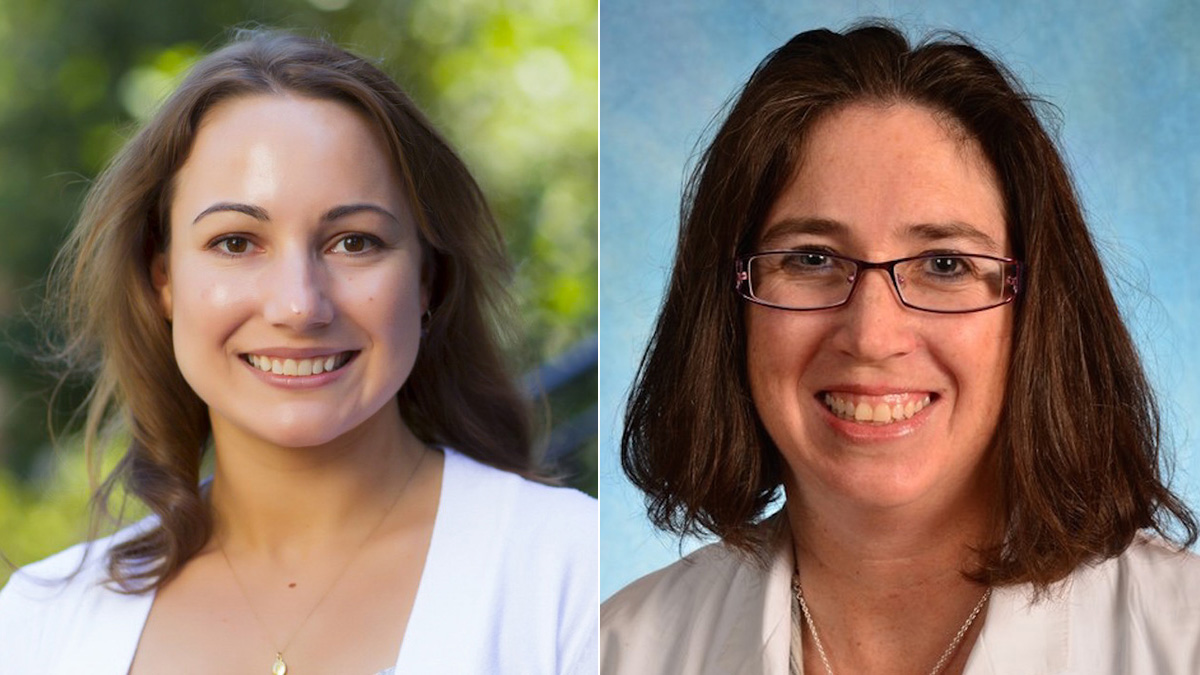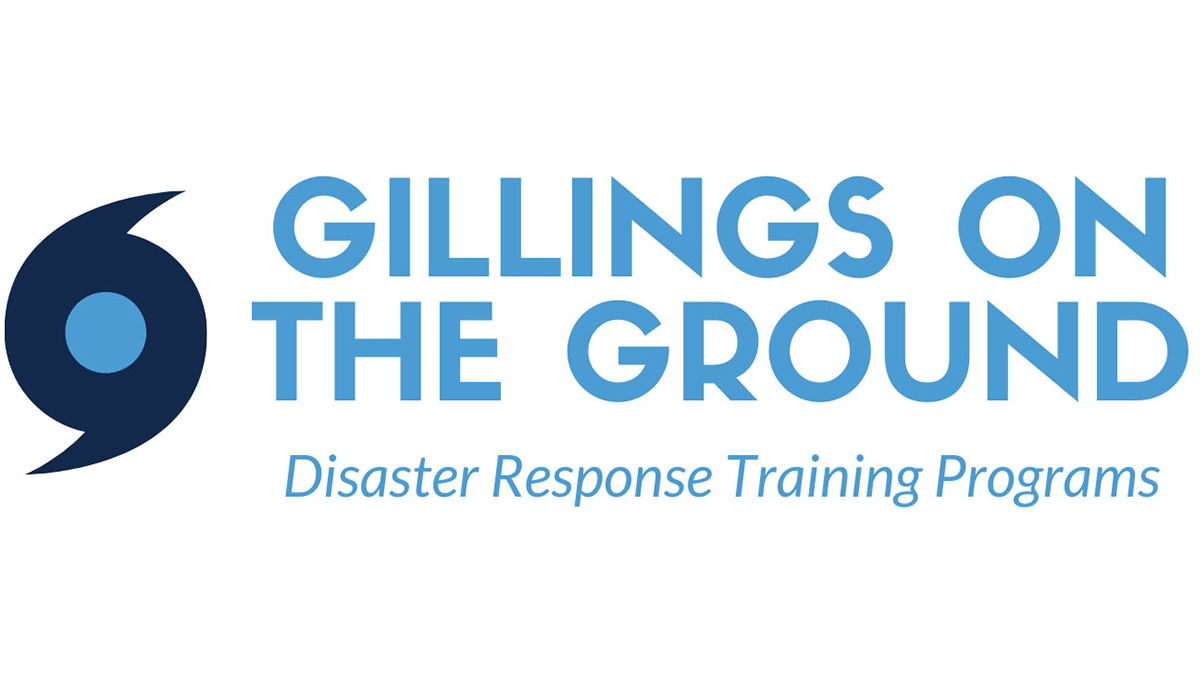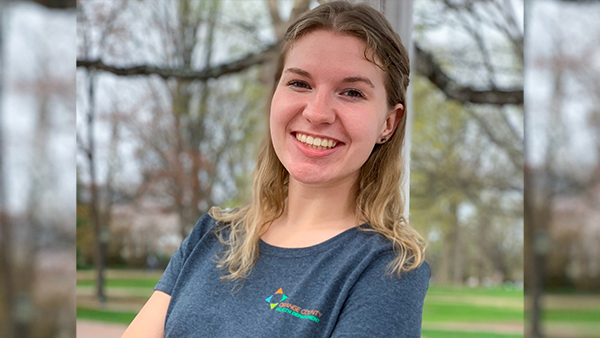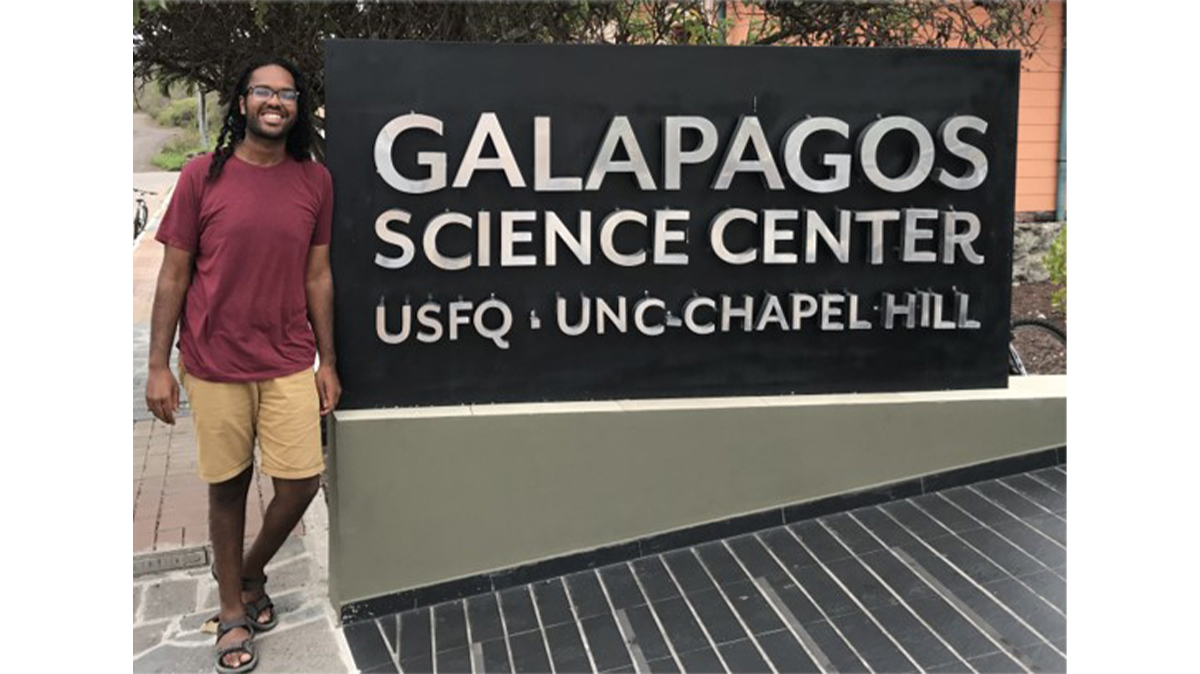Applications soar, admissions boost diversity at UNC Gillings School of Global Public Health
Graduate program applications grew by 20% overall, and there was a 69% increase in applicants who identify as Black, Hispanic/Latinx or American Indian.
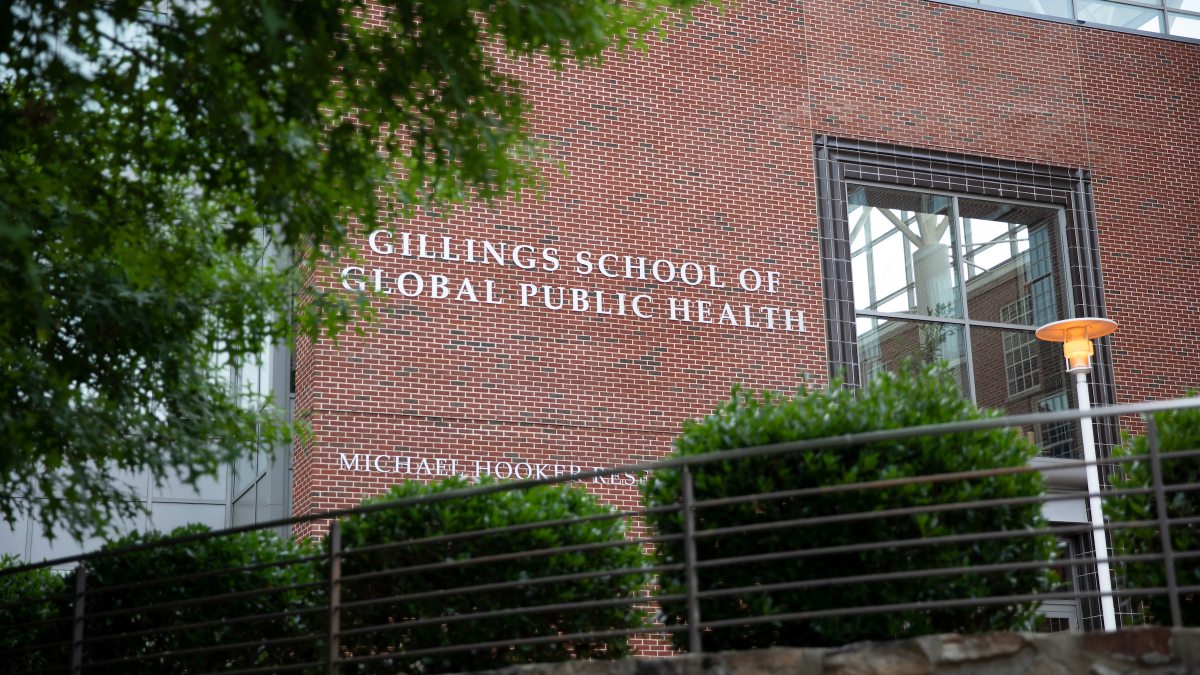
In the last year, graduate program applications to the University of North Carolina’s Gillings School of Global Public Health grew by 20%. Among those who identify as Black, Hispanic/Latinx or American Indian, the increase was 69%; this was accompanied by a 63% increase in admissions and a 129% increase in student deposits.
Some attribute this surging interest in health careers to the COVID-19 pandemic or the ‘Fauci Effect’ — a phenomenon linked to how Dr. Anthony Fauci, director of the National Institute of Allergy and Infectious Diseases, has handled the COVID-19 pandemic.
No doubt, that’s part of it. At Gillings, however, School leaders know there is more to the story.
“The pandemic is the worst collective experience that young people, especially — but not only the young — have faced,” says Barbara K. Rimer, dean and Alumni Distinguished Professor at the Gillings School. “Many responded to the global catastrophe by wanting to be part of the solution to this pandemic and to prevent the next one. The murder of George Floyd and deaths of other people of color at the hands of police also motivated many of our applicants, who are committed to overcoming health inequities.”
Changes made to the school’s Master of Public Health program a few years ago are aligned with these interests. For example, the MPH concentration in Health Equity, Social Justice and Human Rights is among the fastest-growing concentrations.
As the Centers for Disease Control and Prevention report, members of minority racial and ethnic groups have experienced far higher rates of hospitalization and death from COVID-19 compared to non-Hispanic white Americans, which may have influenced more prospective students to combat the health inequities playing out in their communities.
That passion aligns perfectly with the Gillings School’s mission — to improve public health, promote individual well-being and eliminate health inequities across North Carolina and around the world.
The influx of diverse new students also represents progress on goals stated in the School’s Inclusive Excellence Action Plan. The plan lists community-sourced recommendations for creating a learning environment in which students from diverse backgrounds see themselves reflected in their instructors and mentors, and in which the curricula foster deep knowledge of — and a state-of-the-art toolkit for — understanding and dismantling systems of oppression that foster inequity and poor health.
Practicality has played into the applications surge, as well: Some students report that pandemic lockdowns gave them time to complete prerequisites and submit application forms. Others say they took note of the rosy economic outlook for public health jobs.
“Employment in [health sciences] occupations is projected to grow 15% from 2019 to 2029, according to the Bureau of Labor Statistics,” reports Inside Higher Ed. “[That’s] faster than the average for all occupations and adding more jobs than any other occupational group.”
Simultaneously, online education is seeing a boom, becoming more mainstream as the need for remote learning grows. In summer 2017, Gillings administrators announced a new partnership with educational technology company 2U that would offer the School’s MPH degree in a virtual format.
Now, the MPH@UNC online program offers four concentrations, has celebrated two Commencements, and reports a more than 200% increase in applications for January and May cohorts from 2020 to 2021.
“The pandemic brought into sharp focus the need to expand access to the next generation of public health professionals. But advancing high-quality online graduate education isn’t only a necessity of the current crisis — many people want the option to learn online,” says Mike Tarrant, MBA, vice president and general manager at 2U. “MPH@UNC is meeting that need by bringing a world-class Gillings education to more students from all backgrounds. The flexibility and reach of the program mean students can stay in the communities where their roots are strongest, contribute their new skills where they live and fill essential local public health needs.”
“Increases in public health applications, admissions and enrollments bode well for the future of the world,” added Rimer. “We are not alone in experiencing this trend, and we look forward to working with a growing number of future public health leaders.”
Learn more about UNC Gillings School of Global Public Health
